The Best Budget Eco-friendly Stays and How to Find Them
Contrary to popular belief, sustainable stays don’t have to be expensive. In fact there are more budget eco-options than ever before.
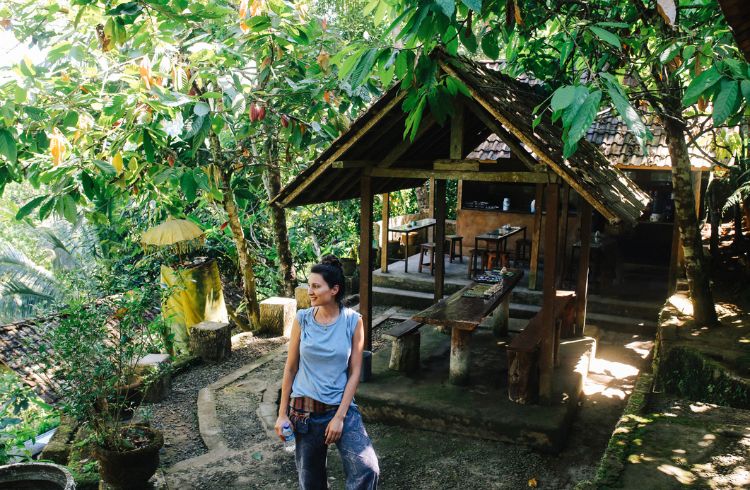 Photo © Getty Images/lechatnoir
Photo © Getty Images/lechatnoir
With more travelers seeking sustainable places to stay – 81 percent of us plan to opt for eco-friendly accommodation in the coming year, according to a recent global survey by Booking.com, up from 61 percent five years ago – there’s never been a better time to “sleep green”.
- But can you do it on a budget?
- Hostels make sustainable sense
- Sleeping under the stars
- Think outside the "hotel room"
- Train stays
- Help with the harvest
- How to be a sustainable guest
- Five green stay hacks
But can you do it on a budget?
It’s a common misconception that “sustainable accommodation” is synonymous with luxury eco-lodges, but there are loads of options for those of us who want a sustainable stay and who love traveling on a budget – or just don’t want to spend big on a place to sleep. The trick is knowing how, as well as where, to look.
Hostels make sustainable sense
With their shared rooms, communal kitchens and co-living (and sometimes co-working) spaces, all of which reduce the environmental impact of each guest, backpacker hostels are the epitome of sustainable accommodation on a budget, without even trying. Some of them go the extra mile, however, such as YHA Australia. A world leader in sustainability, YHA actively implements initiatives that reduce energy use and waste, conserve water and give back to the community at all its properties, and has dedicated “eco YHAs” in The Grampians and Apollo Bay, both in Victoria and at Pittwater in New South Wales.
YHAs are open to everyone, but membership (just $15 for two years in Australia) gives you discounts and benefits - including access to more than 3,000 Hostelling International hostels in more than 70 countries, all of which have sustainability at their core. Check out the sustainability standards of HI Canada and HI USA for starters.
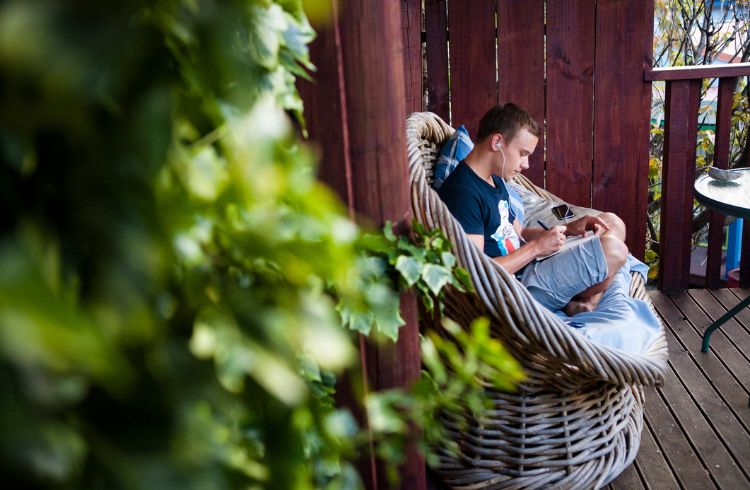
Sleeping under the stars
If you have a tent, camping offers the ultimate affordable, sustainable accommodation. It’s even free in countries with “right of public access” laws such as Sweden, Norway and Scotland; Caravanya, a website and app launched in 2020, shows where to camp for free or on the cheap all over the world.
Don’t have your own camping gear? No problem. (And no need to blow the budget on a glamping stay either.) The award-winning Binna Burra Lodge in south-east Queensland, Australia has four-person safari tents in the middle of a national park for just $75 a night. For something different, Parks Canada has tipis, yurts and cozy wooden “micro-cubes” in some of its most popular national parks.
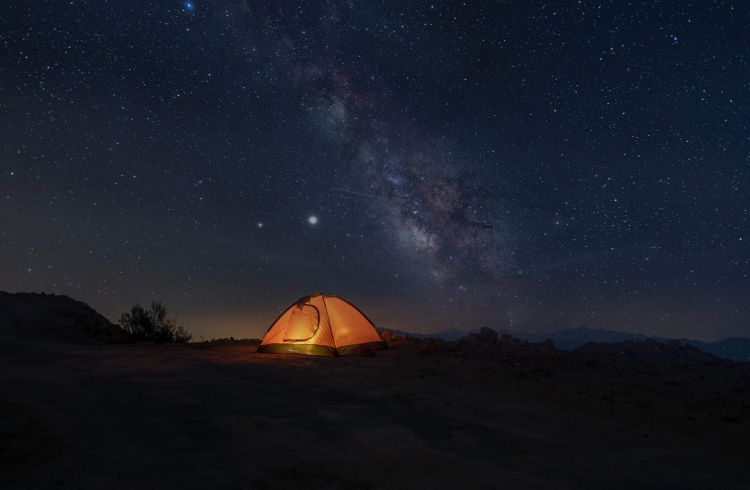
Think outside the “hotel room”
Another way to find affordable, sustainable stays is to be open to non-hotel accommodation – like The Yard Bangkok. At this little oasis of green-mindedness in one of Bangkok’s hippest neighborhoods, you can sleep in a recycled shipping container (doubles for $56 a night, dorms from $20 per person).
Then there’s Fairbnb, a social enterprise that offers affordable stays in family homes in eight European countries including Italy, France and Portugal and donates half its booking fee to community-run environmental and social projects in each neighborhood, such as community gardens and food waste recovery centers.
Train stays
Overnight train trips have long been a great way to cut accommodation costs, but with many travelers now choosing trains over planes to reduce their emissions, sleeper trains are making a comeback, particularly in Europe. Czech company Regiojet’s new low-cost night train from Prague to the Croatian coast with its 22-euro tickets proved so popular when it was introduced that it became a nightly service.
European Sleeper, a new Dutch-Belgian initiative specializing in night trains, will open an overnight Brussels-Prague route via Amsterdam and Berlin in 2022; ticket prices are still to be announced, but as a guideline Nightjet, operated by Austrian Railways, has 3-bed Sleepers from 69.90 euros per person for trips between, say, Vienna and Venice. (Nightjet is also planning to introduce a new fleet of overnight carriages in 2023.)
Help with the harvest
One of the most eco-friendly ways to travel on a budget is by WWOOFing. Worldwide Opportunities on Organic Farms (WWOOF) was founded in 1971 in the UK on the shoulders of a big idea: “to facilitate exchanges around sustainable living and organic agriculture in pursuit of living in harmony with nature”. By working four to six hours a day on an organic farm and staying with a host family for free, you get to learn about sustainable living first-hand. Most countries have their own national WWOOF groups (in Australia a two-year membership costs $70); the rest are listed at WWOOF Independents.
HelpStay, set up in Ireland in 2014 by a bunch of digital nomads, lists other types of work exchanges that include local lodgings such as helping to build mud-brick houses in Colorado, waitressing at a family taverna on a Greek island, working with wild animals in South Africa and cleaning up beaches in Sri Lanka. Membership costs 30 euros a year and many stays are free (others charge a small fee).
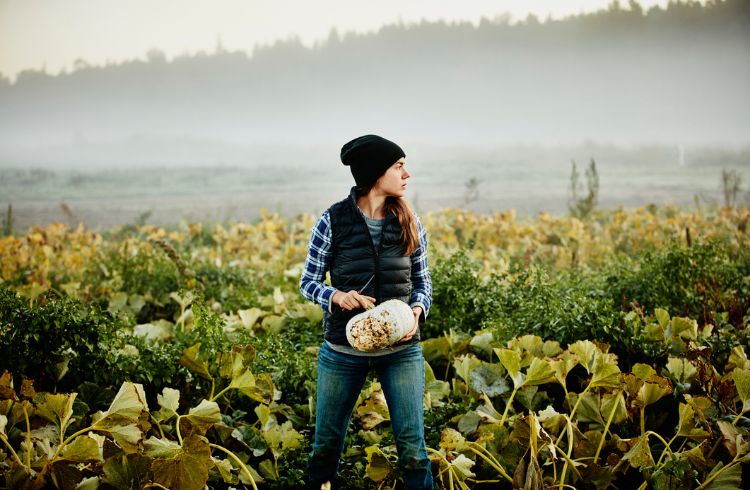
How to be a sustainable guest
There’s an almost infinite list of sustainability measures to look for when you book a stay. Start by looking at the property’s website. Is there a sustainability section? Look for details of what they actually do, not vague statements about what they plan to do. Logos can be helpful, showing accreditation or certification with reputable organizations such as B Corp or Green Globe, but beware: certification can be time-consuming and priced beyond the reach of smaller accommodation providers.
When you check in, look around your lodgings with your eco-goggles on. Do the windows open, to reduce the use of aircon? Does the place feel well-insulated, to reduce energy use? Are there free bikes for guests to use? Is there somewhere to refill your water bottle? The more you notice, the more you’ll develop your own sustainable standards, which will help you find your next sustainable stay.
Five green stay hacks
1. Include eco-issues in your pre-trip research. Find out what environmental issues your destination might be facing so you know what activities, tourist spots, or foods to sidestep while you’re there.
2. Invest in a water filter. Reusable water bottles are pretty much a given now, but bottles with built-in filters (Grayl claims to have the world’s fastest portable purifiers) are ideal for destinations where you can’t drink the water.
3. Pack light. The less you have to carry, the easier it is to walk and use public transport to get around. To hand-wash your clothes quickly and sustainably, try using a lightweight, water-saving Scrubba Wash Bag.
4. Eat sustainably. Along with energy use and emissions, what we eat has the biggest impact on the environment. But tailor your eating strategy (going vegetarian, eating local, etc) to your location: different measures have different impacts in different places.
5. Stay longer. You’ll get to know a place and its people better, and care about them more, by hanging around. The more of us who care about the places we’ve been, the more travel serves its true purpose: creating advocates for a healthy planet.
Related articles
Simple and flexible travel insurance
You can buy at home or while traveling, and claim online from anywhere in the world. With 150+ adventure activities covered and 24/7 emergency assistance.
Get a quote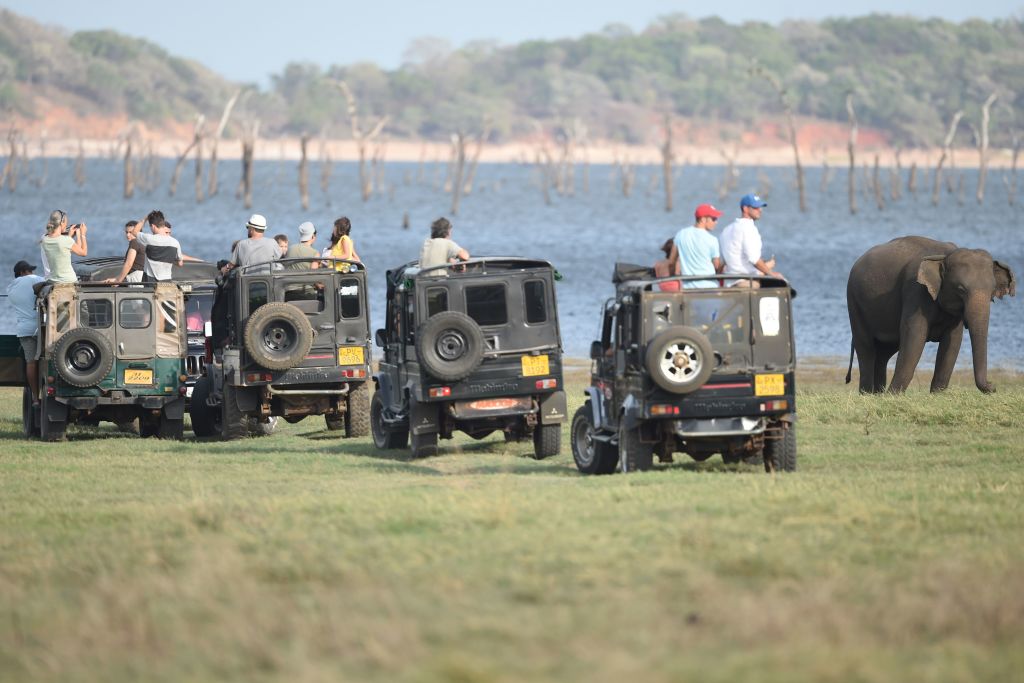

No Comments